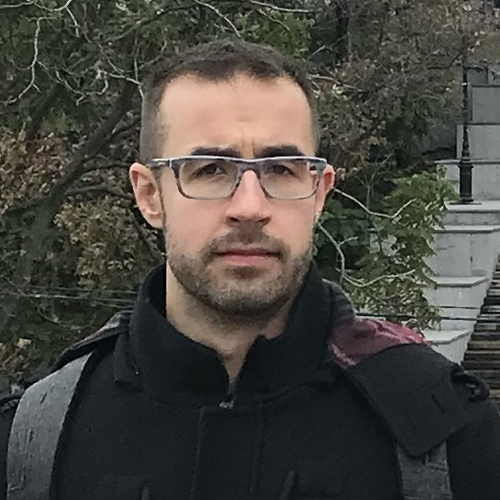Overview
Four sessions will include ML foundation (including an introduction, data exploration for ML and dimensionality reduction and feature selection), Supervised learning (including support vector machines and model evaluation and interpretation), model optimization and unsupervised learning (including clustering) and advanced topics (including neural networks, deep learning and large language models).
Who is this event intended for? This course is aimed at clinical trial statisticians who are new to or with limited experience of machine learning.
What is the benefit of attending? Attendees will learn about a range of topics in machine learning, including practical sessions in R.
Dates & Timings
This Course will run over four consecutive days, from Monday 22nd April through to Thursday 25th April 2024. The session will run from 09:00-12:30 BST on all four days.
There will also be a brief drop-in session the week prior to the Course, on Friday 19th April - Timings TBC.
Agenda
09
00
-
12
30
Day 1: ML Foundation
- Definitions and terminology
- Key aspects of ML workflow
o Planning
o Pre-processing
o Data splitting
o Modelling, cross validation, hyperparameter estimation
o Evaluation
o Reporting
- “ML in a day”. “Lightening” overview of simple ML workflow using R packages dplyr, caret, ggplot2 using logistic regression. This will be used as a starting point to exemplify key aspects of ML, and as a point of comparison for further methods such as Elastic Net (regularised regression), gradient boosting and neural networks
- Common pitfalls and key considerations for using ML models in practice, and reviewing ML analyses, with a focus on the analysis of clinical trial data
Tuesday, April 23, 2024
09
00
-
12
30
Day 2: Supervised learning
- What is supervised learning? Definitions and examples of scenario’s
- Supervised learning workflow (short recap)
- Supervised Algorithms:
o LASSO and Elastic Net
o Decision trees and Random Forest
o Support Vector Machines
- Evaluation and interpretation of these algorithms
- Practical session in R: Application of above methods in caret
Wednesday, April 24, 2024
09
00
-
12
30
Day 3: Unsupervised learning (including clustering)
- Definitions and comparison to supervised learning
- K-means, PCA, Non-linear approaches such as tSNE
- Worked examples in R
Thursday, April 25, 2024
09
00
-
12
30
Day 4: Neural Networks and Deep Learning
- DEMO: ML in SAS
o How to use R ML from SAS Viya
o How to use no-code / low-code ML
o How to use SAS ML procs in R Studio
- Introduction to neural networks and basic architectures
- Deep learning, Large Language models, Computer Vision
- Discussion of Machine Learning vs Statistics: what are the differences, how much to they overlap, when to use what
Tickets
Early-Bird Non-Member
Reserve Ticket*Non-Member rate includes PSI Membership through to 31 December 2024
Non-Member
£470.-
Standard Price
Buy Ticket*Non-Member rate includes PSI Membership through to 31 December 2024
Speakers
Community
Connect with 24 people attending this event



 CBCDJS
CBCDJS



